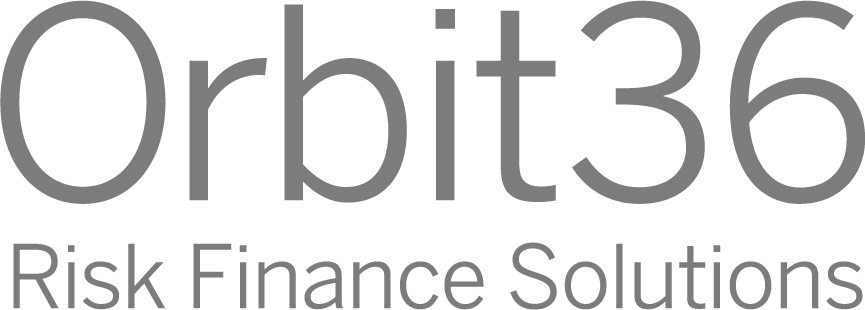Orbit36 is a management consulting boutique for banks and other financial institutions
We help CFOs and CROs to master their challenges in Strategic Planning, Risk and Capital Management
Strategic
Planning
Gain flexibility and insights through the use of models and scenarios
Stress
Testing
Understand your vulnerabilities towards severe macroeconomic crisis scenarios
Performance
Management
Ensure your financial plan translates into shareholder value
Capital
Optimization
Allocate your resources to the businesses creating most value
Valuation
Determine the value by business line and support M&A
Change
Management
Improve efficiency and effectiveness through process optimization
Strategic Planning
Executives expect their finance and risk organizations to be able to quantify the impact of changes in economic conditions quickly and based on a robust methodology. They need an efficient and integrated business planning process and want to understand the main drivers of income, expenses, and financial resources.
“What if” scenarios allow a better understanding of potential future developments and support decision makers in their strategy development. Strategy, business initiatives and financial plan go hand in hand.
Regulatory and audit focus on robustness of the financial planning process has been increasing.
While bottom-up input from the business remains crucial, planning and forecasting should be complemented by driver based economic models to increase transparency and to allow for fast plan updates.
Stress Testing
Stress testing gets more mature and evolves from an elaborate one-time effort with high amount of expert judgment towards a more transparent model-based process which is repeatable and auditable.
Risk model results are integrated into financial plans, including a full evaluation of the capital plan under different stress scenarios.
Banking regulators rely more and more on scenario-based stress tests when assessing capital adequacy and dividend paying capacity of large system relevant banks.
In Switzerland, the two largest banks are subject to a stress-test required by FINMA, the so-called Loss-Potential Analysis (LPA).
As the scope of LPA might be extended in future, other large or systemically relevant banks in Switzerland should start to invest into their stress testing capabilities.
Performance Management
Creating shareholder value is essential to increase the market capitalization of a firm.
To achieve this, firms must establish a strong performance management culture and create transparency about the drivers of income and costs.
They need to understand how profitability and financial resources consumption by business line impact the value of the firm.
A robust KPI framework and the tracking of financial data against targets ensures together with a regular management dialogue that unsatisfactory performance is addressed in a timely manner.
Capital Optimization
Capital is a scarce resource for most banks. Consequently, it is crucial for the senior management of a bank to allocate its capital to those businesses generating the highest return.
Today's capital requirements are mainly determined by Pillar 1 measures like Risk-Weighted-Assets and Leverage Ratio.
Regulation and rules are different across locations and entities. In addition, stress tests could become the binding constraint for many large banks in the future.
Given these uncertainties, banks are advised to employ capital allocation frameworks based on multiple drivers.
Valuation
Modern valuation methods allow to link value-based management concepts like economic profit with the market capitalization and to gain insights and transparency on the value generated by individual business lines.
M&A activities: Risk of overpaying acquisitions if potential to generate positive economic profit is not properly assessed ex-ante or if the valuation is based on inconsistent discount rates.
Recoverable amounts for goodwill impairment test increasingly based on value-in use, requiring DCF-valuation methods to be adapted to specifics of the banking industry.
Change Management
A focused and structured approach to change management is essential to successfully plan and execute a transformation project. Create a corporate culture that fosters innovation and agility.
The effectiveness and efficiency of a firm can materially be improved through process optimization, digitalization and automation of data management.
A plausible concept regarding objectives, resources and timing at the start and stringent implementation followed by training and coaching of the team members ensures that the goals are achieved. With our experienced IT partners we offer sustainable solutions.
